A Specialist in Club Music: VTSS
|SHANE ANDERSON
Though primarily known for her hard-hitting sound that swept clubs all around the world, Polish producer and DJ VTSS, Martyna Maja, who will be closing the main stage at Sónar by Night on Friday June 14, 2024, is changing her ways.
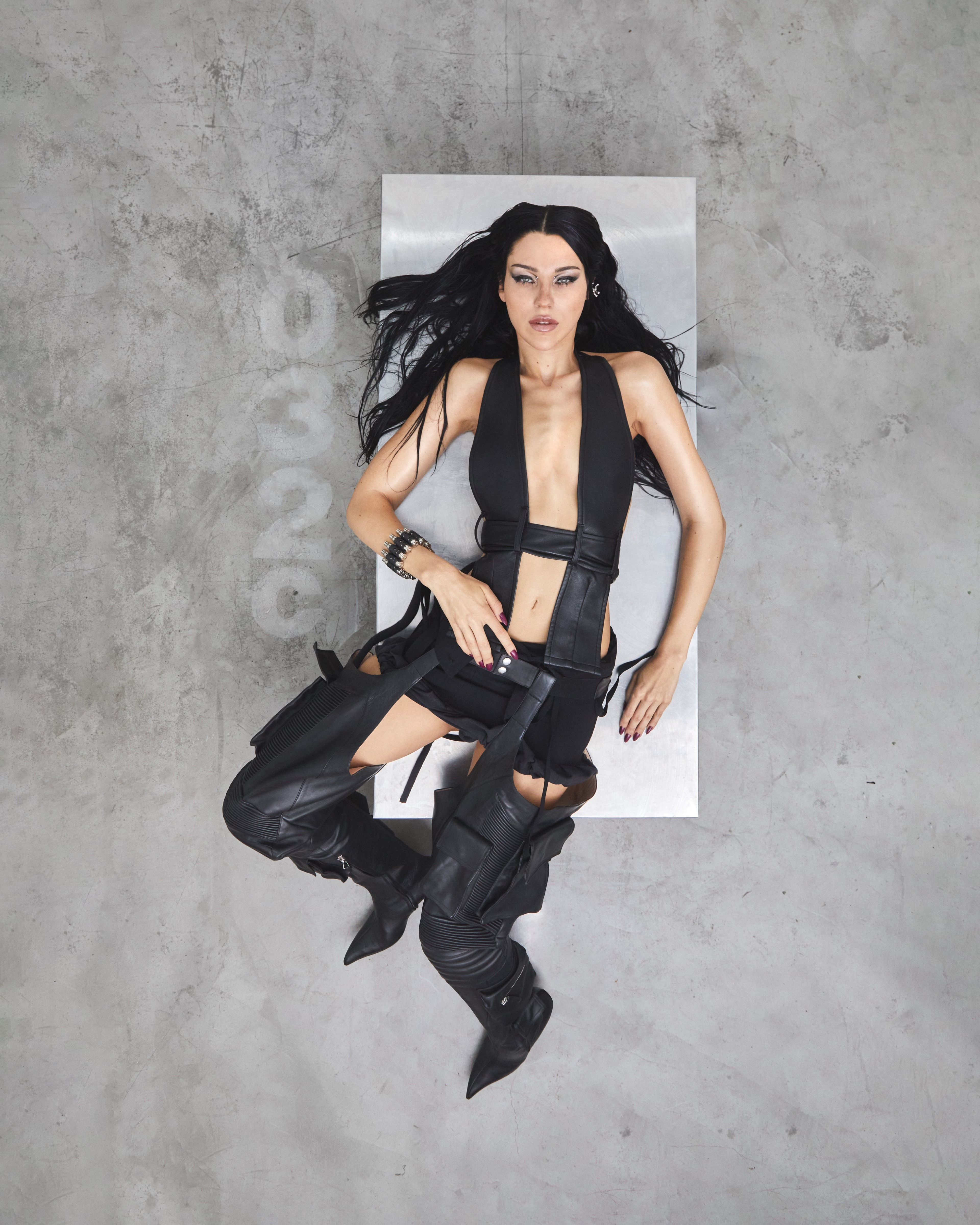
This might sound like an arbitrary statement to those who have followed VTSS’ decade of work at venues and parties all over the world, since she’s always changing, mixing in jungle with techno, trance with breakbeats, and even a little metal for good measure. And with today's release of a remix of Shygirl, it is clear that VTSS is pivoting towards producing and making tracks that are undeniably poppy. With a series of releases that include the single Steady Pace (2023) and the EP Circulus Vitiosus (2022), this might not sound new either, but in our conversation about learning from J.Lo and the power of raving, she assured me that what’s coming is something no one has heard from her before.
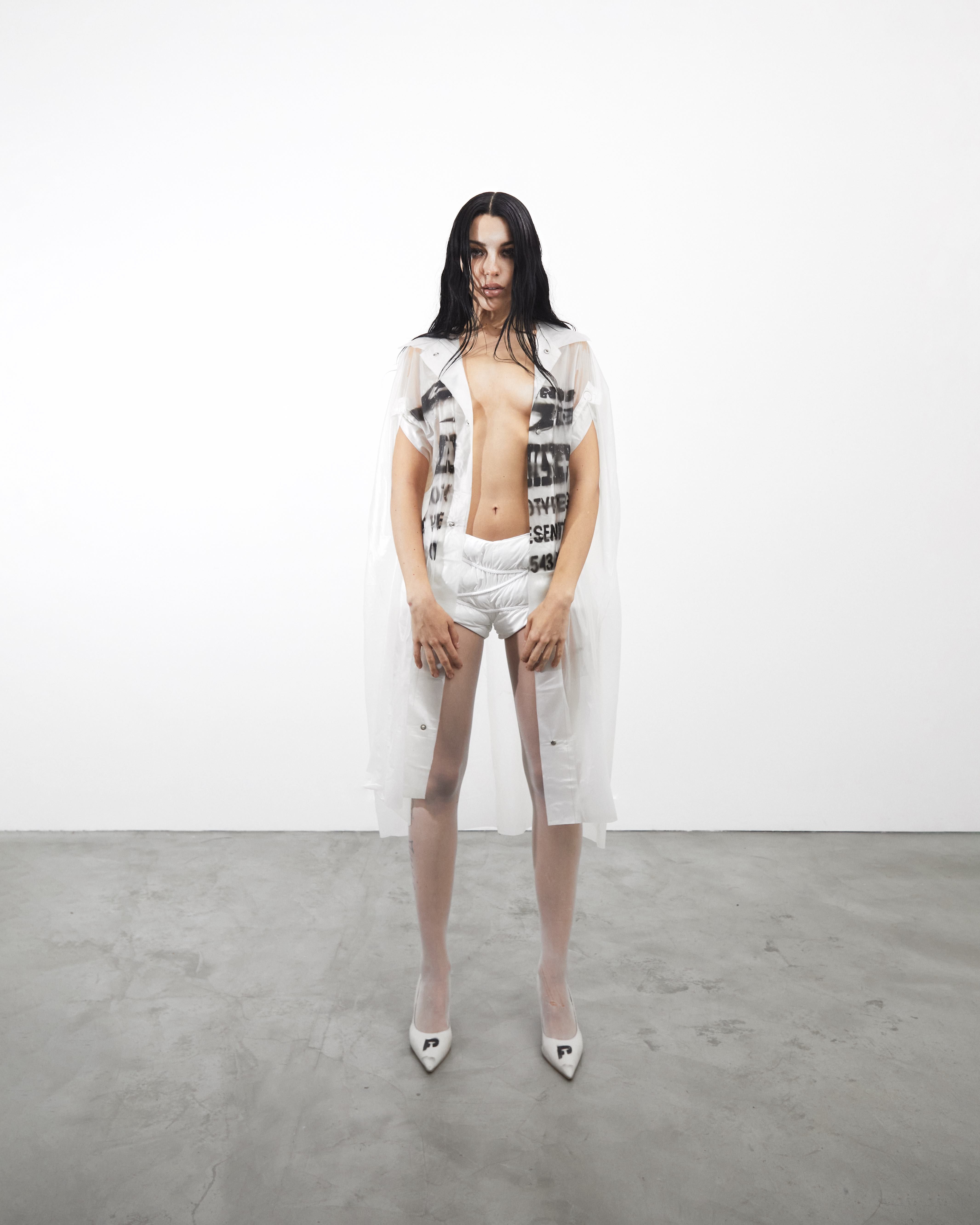
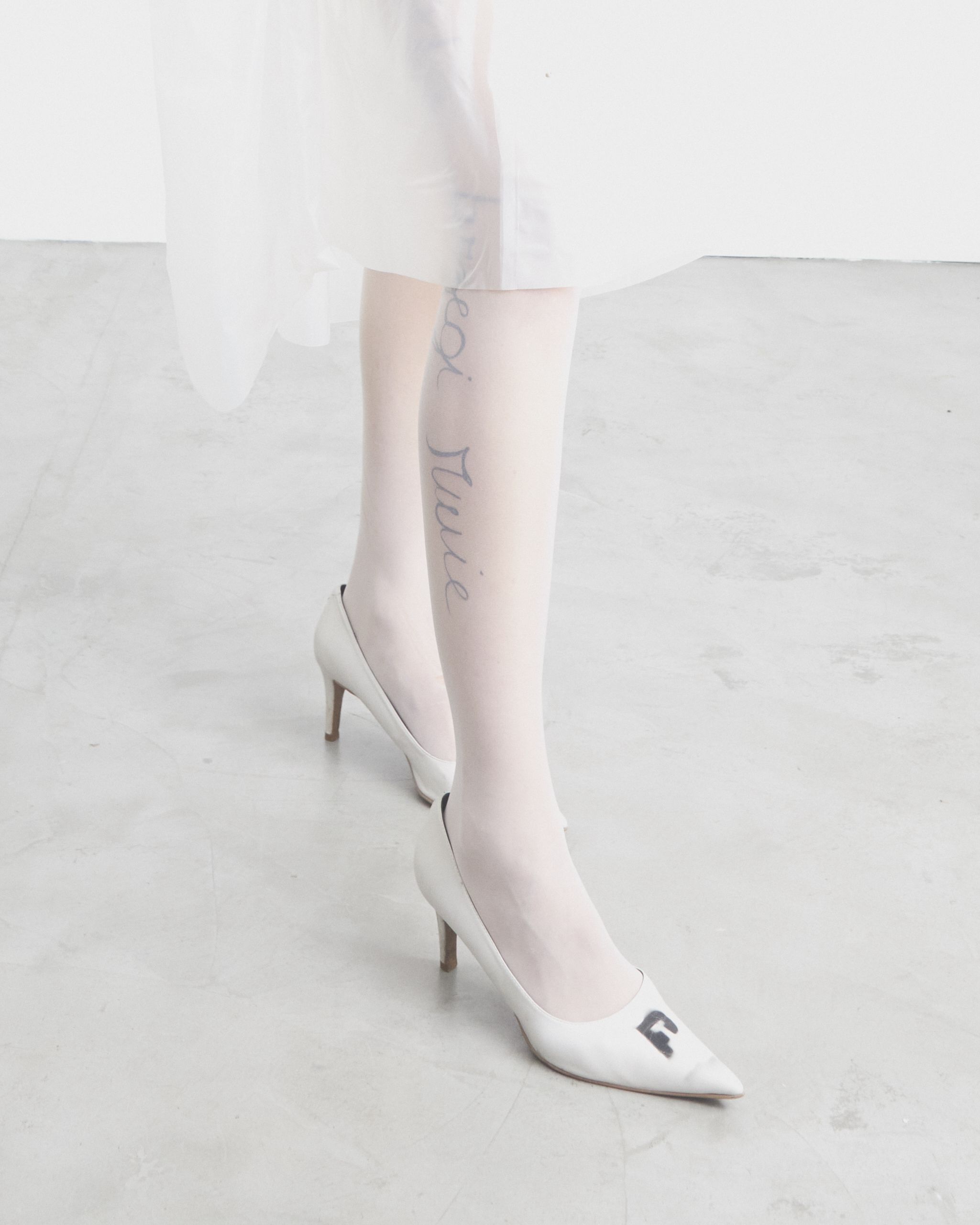
SHANE ANDERSON: If you google your artist name without any other information, you get some odd hits, such as “vehicle theft security system.” But the name actually comes from Latin, right?
VTSS: Yes, we had Latin when I was in law school 11 years ago. I was trying to come up with a name after having a life changing experience at the Unsound festival in 2013 and deciding I wanted to be a part of the culture and not just a raver, and I had this phrase stuck in my head that was related to the ouroboros, about the snake that eats its own tail. The snake is a vicious circle, and so the name derives from “vitiosus,” which means vicious in Latin.
SA: It seems fitting. Your sound can be quite vicious, right?
VTSS: I think so. Even though I’m not vicious as a person. I’ve done enough therapy for that [Laughs].
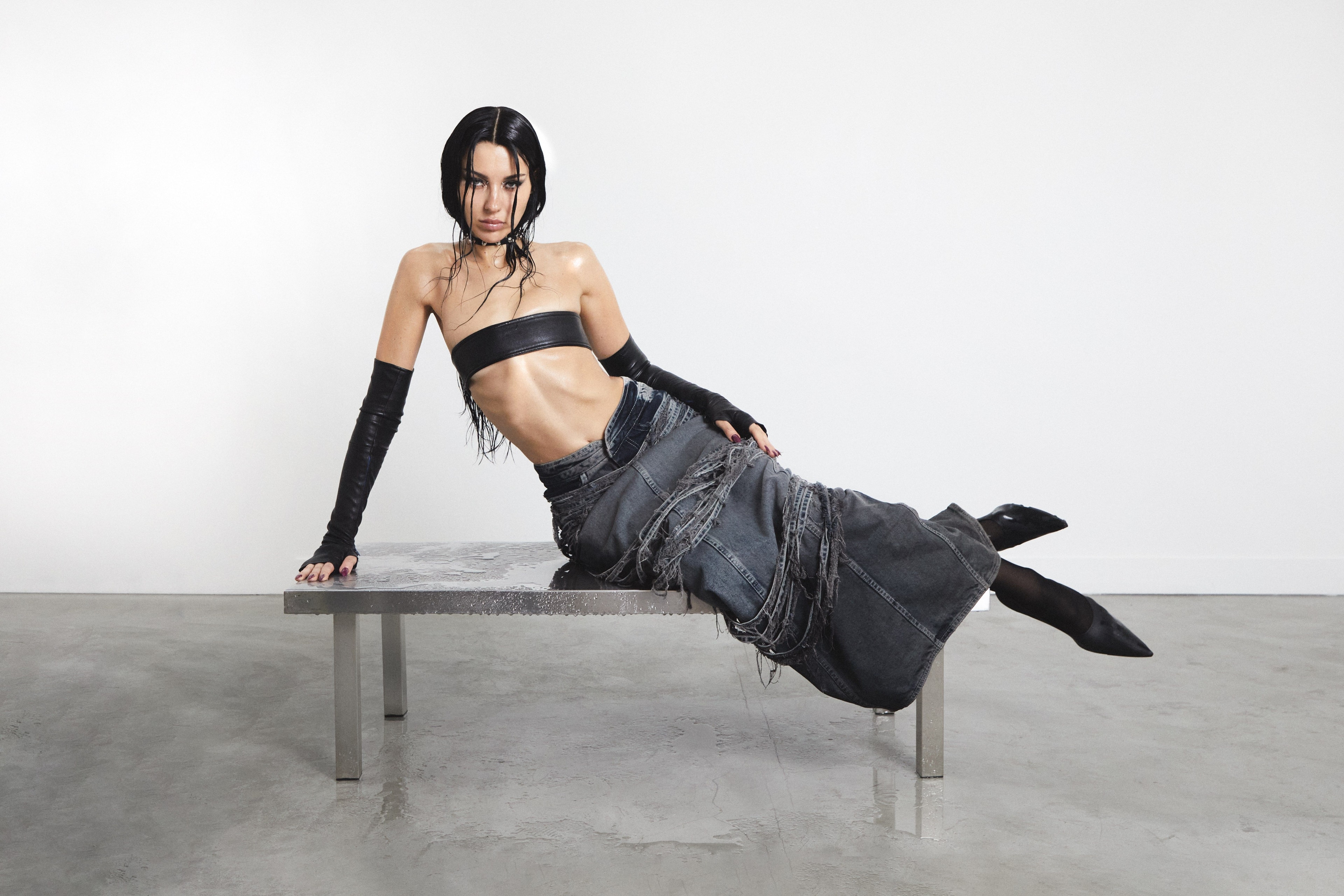
SA: That said, some of your more recent releases have ventured into pop territory. You also recently published an Instagram story where you’re sitting in a studio and the music in the background sounded quite poppy.
VTSS: Yeah, I started dipping more into different sounds after I left Berlin.
SA: When was that?
VTSS: In 2020.
SA: Why did you leave?
VTSS: I’m not a big fan anymore. It’s such a Peter Pan kind of place, where you live in the moment, which is beautiful, until you realize that years have gone by. And I don’t know what it’s like now, but at the time everything was dominated by one sound. Moving to London was really inspiring since it’s such a hub for different kinds of electronic music. I felt a lot freer doing my thing there. But right now, I’m talking to you from New York, trying to see if it’s the place for me.
SA: Are you tired of London now, too?
VTSS: I wouldn’t say that. I just always wanted to try living in New York, and I think that soon would be a good time because it gets harder to move as you get older.
SA: So, now you’re in New York, making music.
VTSS: I’ve made around 30 tracks the last few months after reaching out to a few of my favorite producers—the people who previously helped me become who I am musically—to collaborate with them, instead of making everything myself as I did in the past. I hadn’t made anything before that in years. I was dealing with burnout and doing a lot of creative block therapy. I finally found my voice again. It might be too early to talk about this but I’m working on a debut album, focusing on my writing, vocals and producing with others.
SA: Who are these producers?
VTSS: That’s a secret for now. But I’ve been friends with both for a long time and listening to them for years. I don’t mean to be dramatic but working with them has given me a lot of hope for the future. When I make music by myself, I tend to overthink things. I would constantly get to this place where I would change things so many times that I started to hate it and lost whatever was in the music. So, it’s been great working with other producers who check me and tell me to stop. It has been such an amazing process, and quite therapeutic to find my voice as a writer. But I don’t want to talk about it much more because it might not come out for another year.
SA: Where do you see it being played?
VTSS: Figuring that out is the next step. I hope to play it live with a band. But let’s see. I’m probably going to lose money the first year, so I might just be by myself with a smoke machine, which is also fine. You can do a lot with a smoke machine. I’m also excited about the idea of live shows because the gigs could be at 11pm. That’s not the main goal but it is important.
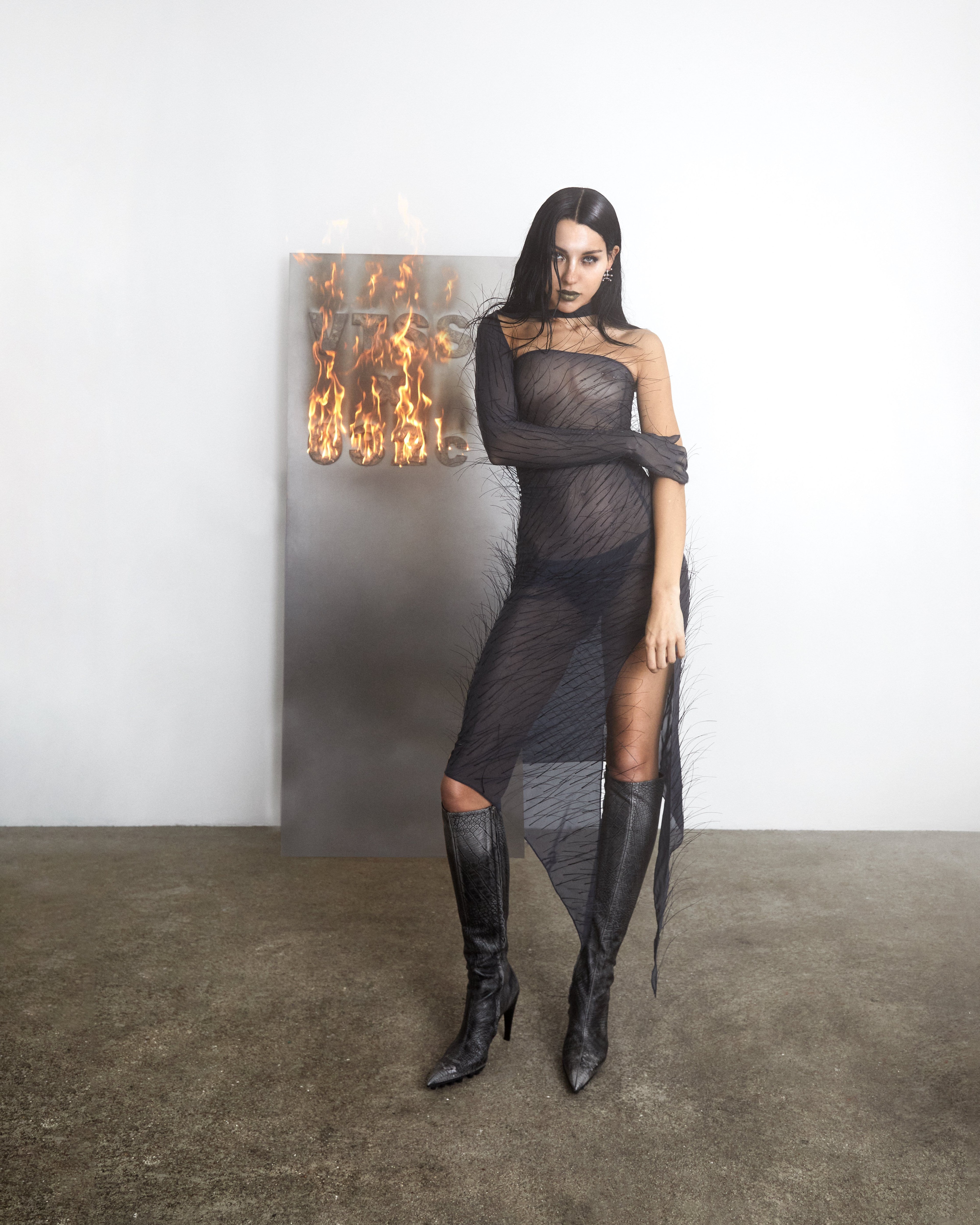
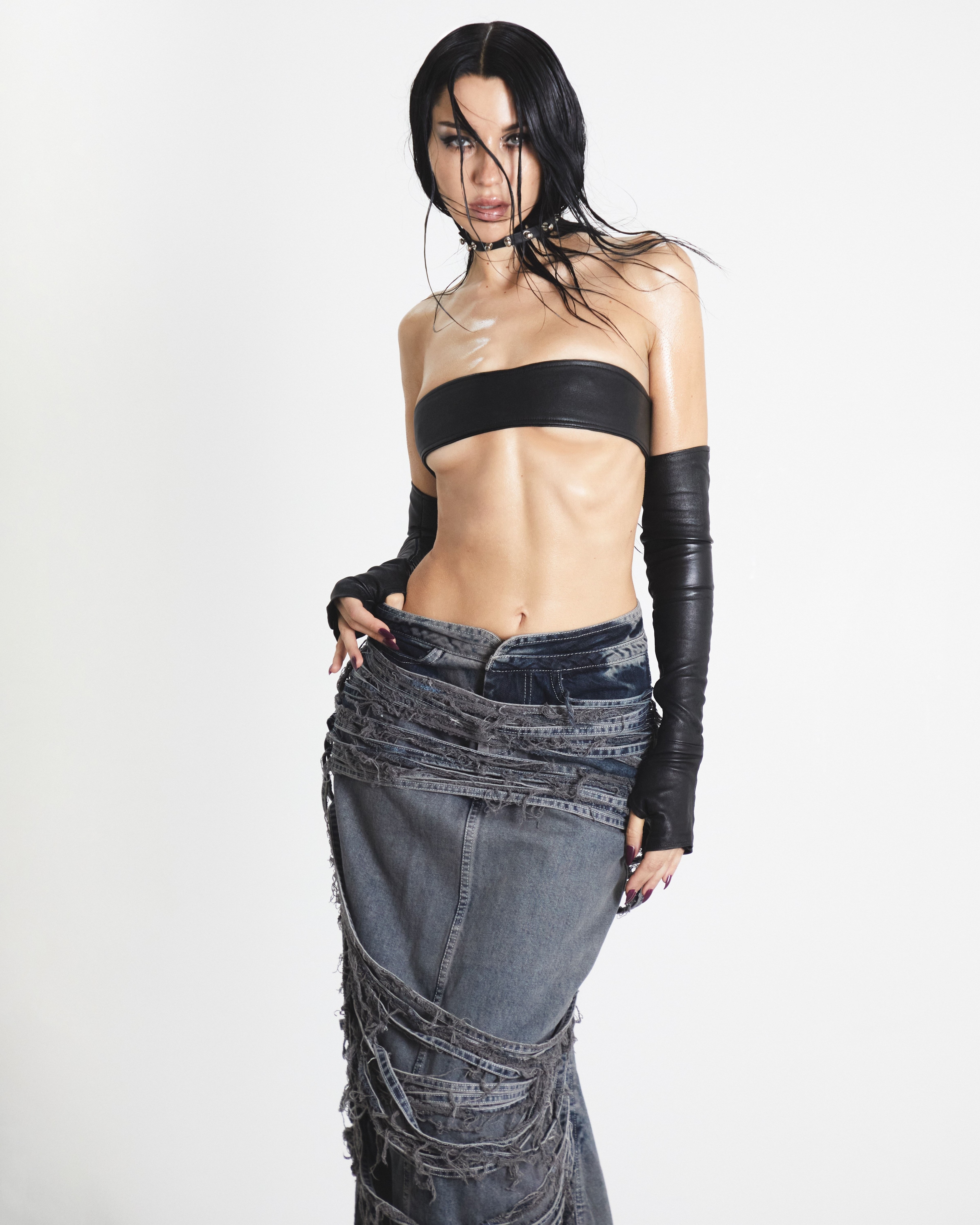
SA: Are you then transitioning away from the long nights of DJing?
VTSS: That’s a big conversation I’ve been having with myself. The question is: How artistic can you really be as a DJ or as a producer who only makes DJ music? Nowadays, most DJ music has the longevity of two weeks since the music changes so fast with all these micro trends. Today you can be a kid who started making music last month and finish a track in a day and the biggest DJ can play it the same night and you go viral for two weeks and then everyone forgets about it. I’m glad the world is more inclusive and there are more opportunities for talent, but at the same time, I don’t find myself in this rhythm anymore.
DJing is always going to be a part of me and part of what I do because it brings me so much joy and there are such incredible ways to connect with people. Club culture has been the core of my existence. The DJ lifestyle is incredible and fulfilling but at the same time quite limiting. There’s only so much you can do in terms of development as an artist, and I have been wanting to do more than just spend all my weekends in clubs. I’m very grateful for everything but going to bed at 5am doesn’t hit the same way anymore. I’ve been doing this professionally for about 11 years, and the experience of being a selector and connecting different genres and styles is what has given me the power to be in the studio right now.
SA: Have the sounds you’re playing changed as your mentality has changed?
VTSS: For sure. I used to be known for a hard sound, but now my sound is the lightest on a lot of lineups I’m on. I guess my obsession with speed and hardness has been healed.
SA: How so?
VTSS: I haven’t been following a lot of trends right now, with all this hard techno—or what would have been called hardstyle before. I’ve even been slowing my sound down since I don’t want to chase this one stale situation that’s going on. I have also started saying no to bigger gigs that are on the stages where I don’t feel like I belong. If I can’t imagine myself in a crowd, then what’s the point? If I play a headline spot, I still take it very seriously and try to provide the good time that is appropriate to that slot, but I’ll still select a few more experimental tracks. Not to challenge the crowd but just to change the steady pace and sneak in some other elements.
SA: When you play at a festival like Sónar, do you feel pressure to meet the crowd’s expectations?
VTSS: Maybe when I was younger and less established in what I do, I would try to please people and be mindful of expectations. I would be very aware of how people perceive me. What people say used to bother me. It was hard during the pandemic when there was nowhere to go, and I would read everything and purposely seek out what people were saying about me. And now, I’m just doing my thing. I’ve built something that can be booked at EDC in Las Vegas, Tomorrowland, or at Unsound festival. I don’t think anyone’s surprised anymore.
This is something I’ve been thinking about with the new music I’m making, too. There will be people expecting certain things, but you can’t be worried about that. You can’t change your belief in your art based on people’s perception of it. This is not why we artists do what we do. The goal is to create art and to put it out there. And once it’s out there, it’s none of my business what people think.
SA: So, if your sound isn’t hard anymore, then what’s it like now?
VTSS: The sound is still fun and it’s still there to make people dance but it’s more adventurous and sexier than what I played during my Berlin days. I think it’s still hard just maybe in different ways? I love poppy elements and dipping into pop references, but not in a viral Nelly Furtado hard techno remix kind of way.
I’ve never felt loyal to one style or genre. I was never one of those DJs who you knew would always play trance or whatever. I’ve never been a strictly techno DJ. Career-wise, I would call myself a specialist in club music in general. People have known me for this main lane, and I’ve had success in a specific sound, which mixed a lot of influences and genres. Everyone who comes to my sets regularly knows that they shouldn’t expect anything from me other than a good time. I have ADHD which shows a lot when it comes to being a DJ, both in terms of the music and my transitions. I get bored of things very quickly. I do a lot of fast transitions because I have a really short attention span. They also excite me more. I need to keep being entertained because how can I entertain other people if I’m not entertained?
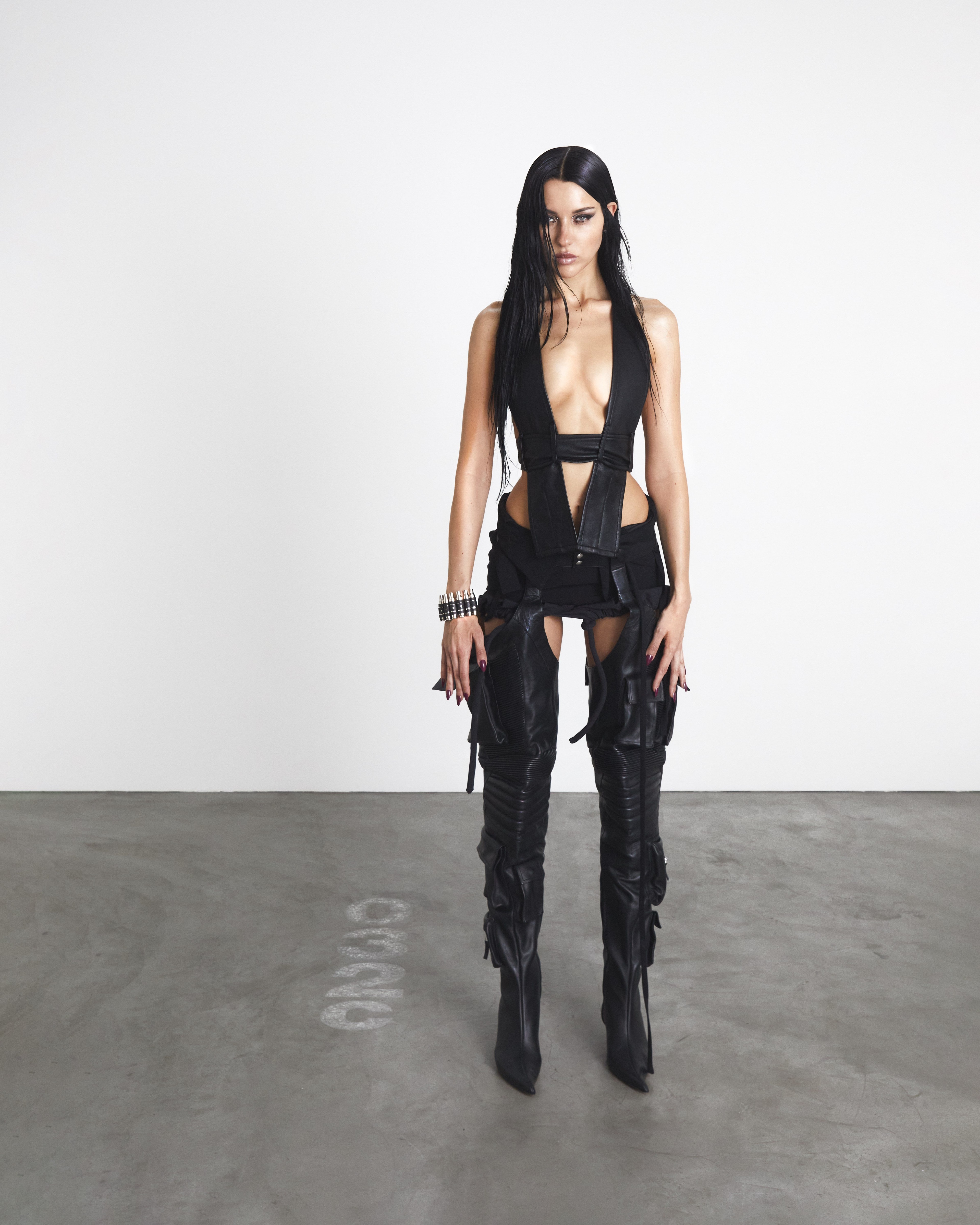
SA: You mentioned at the beginning, that you had a life changing experience at Unsound in 2013. What exactly changed and do you still relate to that?
VTSS: I’ve never been the most social person and being in clubs felt like I could be surrounded by people but not actually have to interact with anyone. I felt like I was part of something. And it gave me a sense of community. It also helped me find my purpose. When I discovered this type of electronic music, I knew that was it. I was studying law in Krakow at the time and was always going to clubs but at the Unsound festival I decided to become a menace to society and dropped out of law school. I studied sound engineering and became a producer and DJ. And, you know, there weren't a lot of role models in this industry where I came from. I had this sense of delusion that I was going to make it even though I had absolutely no indication that I would. There was no reason to believe it would happen. You have to be delusional to be an artist. You have to believe in yourself and the world you are trying to create to make your dreams a reality. No one else is going to believe in you.
It’s like with J.Lo. You know, no one loves J.Lo as much as J.Lo loves J.Lo. That’s the way it should be. People might say that there are more talented people than her. But what’s she supposed to do about it? She was born with the gifts God gave her and she’s used them to the full extent.
SA: So, your advice to an aspiring artist is to embrace the delusion?
To some extent. Definitely when it comes to confidence. Everyone who ever achieved something great imagined themselves in a place where no one else could imagine them reaching. If you’re not going believe you’re “that girl,” who will?
Credits
- Text: SHANE ANDERSON
- Photography: LEANDA HELER
- Fashion: REGINA NTAHOMPAGAZE
- Makeup: CATALINA SARTOR
- Hair: GABRIEL DE FRIES
- Production: MATIÈRE PREMIÈRE
- Producer: JENNIFER SARKIS
- Line Producer: ALEXIS PEILLET
- Production Coordinator: LISA GAMBINI
- Set Designer: JOY LAVIGNE
- Photography Assistant: MANON ADLER
- Fashion Assistant: EVA BGT
- Fashion Assistant: SHELSA
- Set Assistant: ENORA
- Set Assistant: ROMEO DINI
Related Content
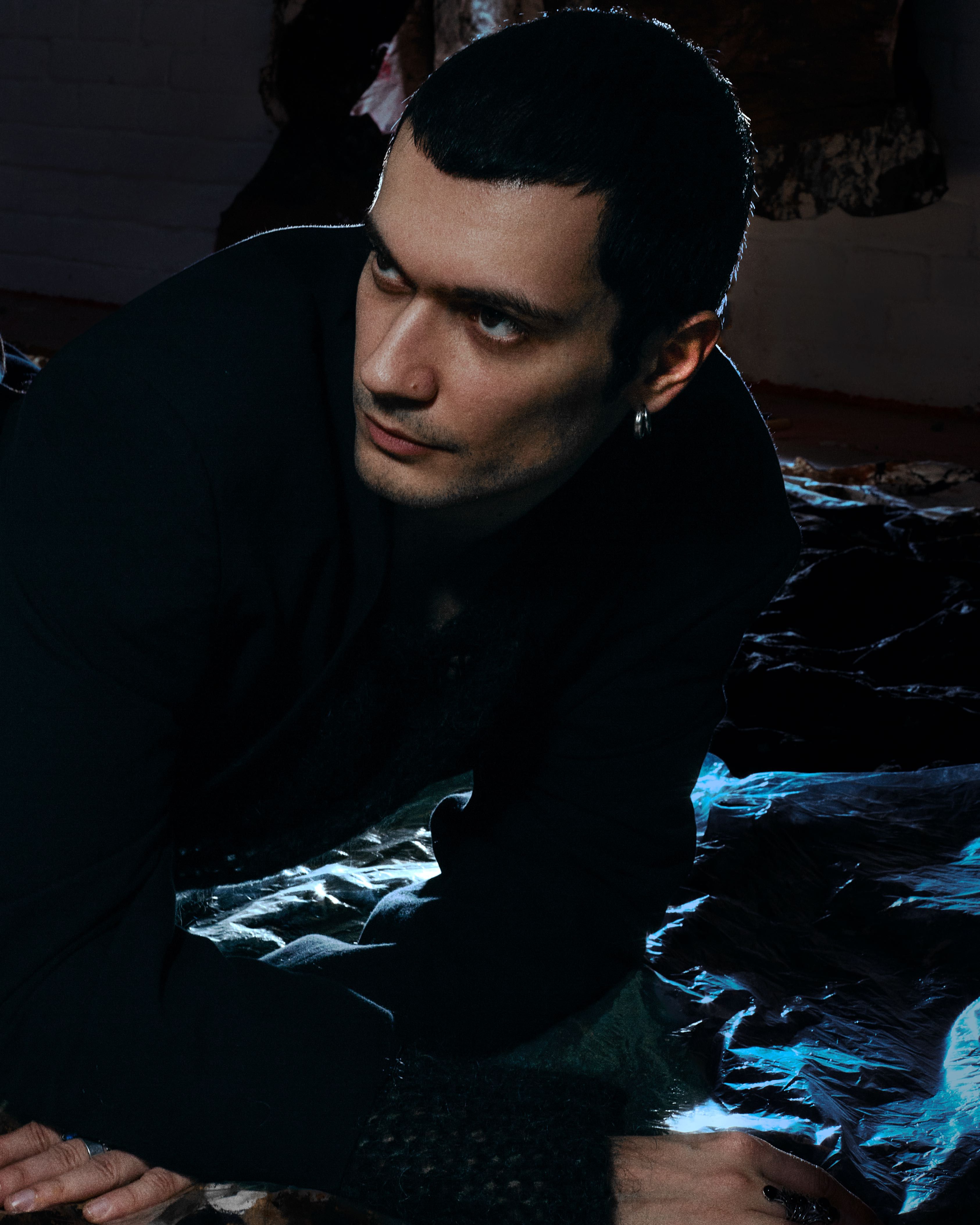
Gated Nightmares: Herrensauna’s Cem Dukkha
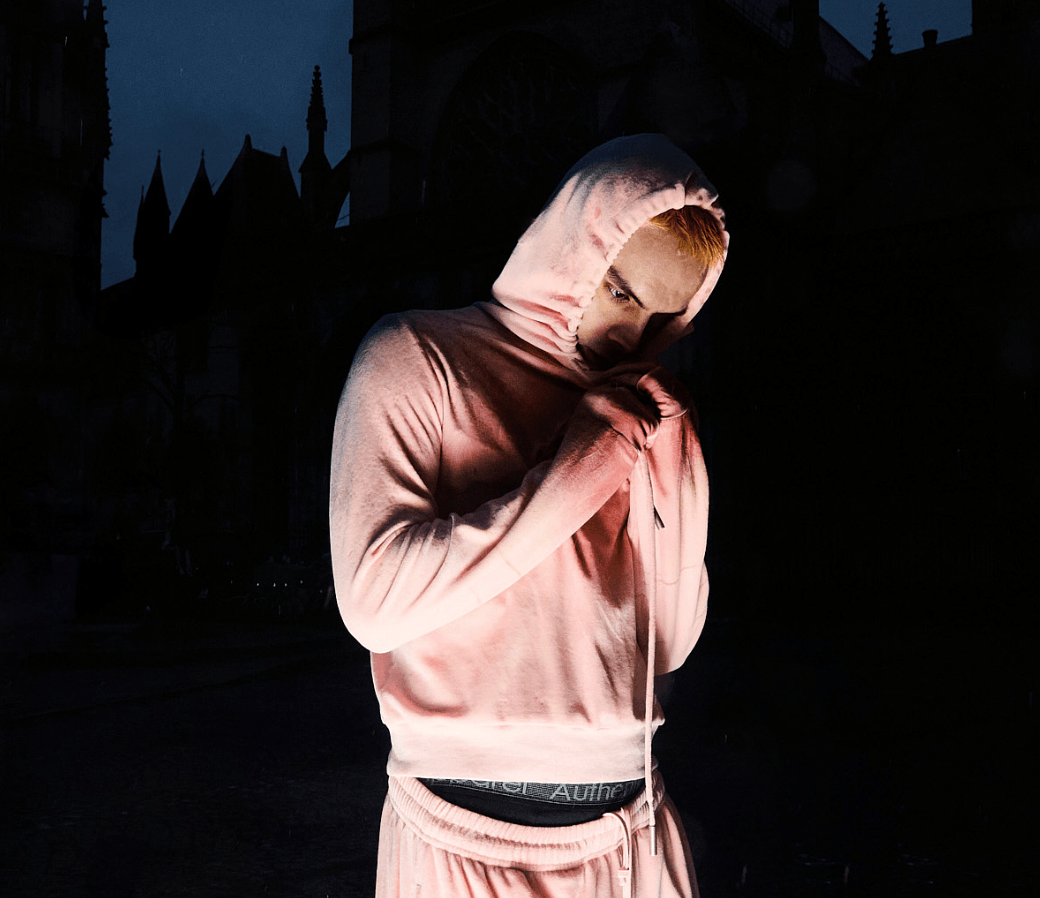
A Bad Night’s Sleep with Sega Bodega
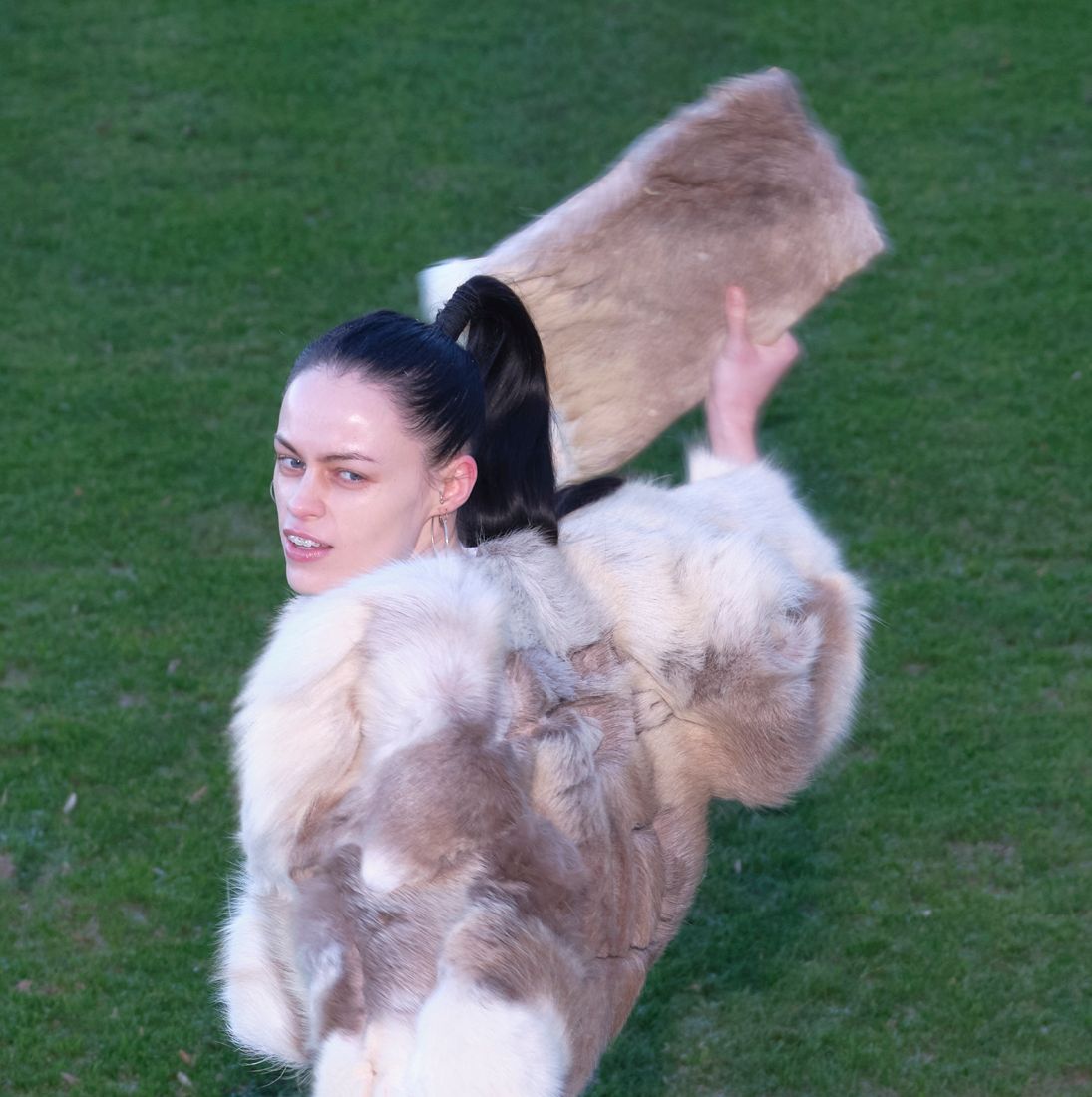
New Prototypes
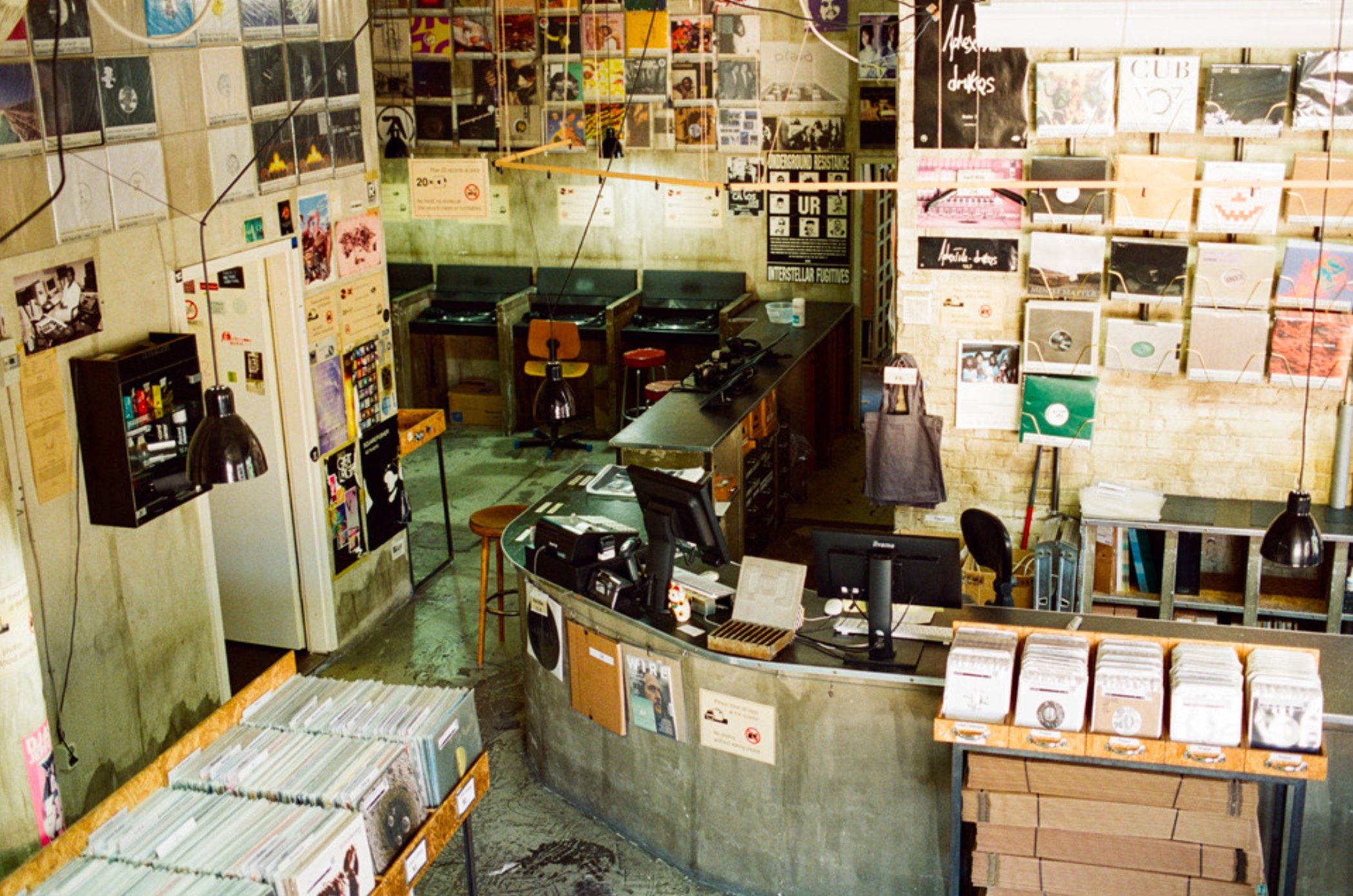
Berlin’s Sonic Mecca
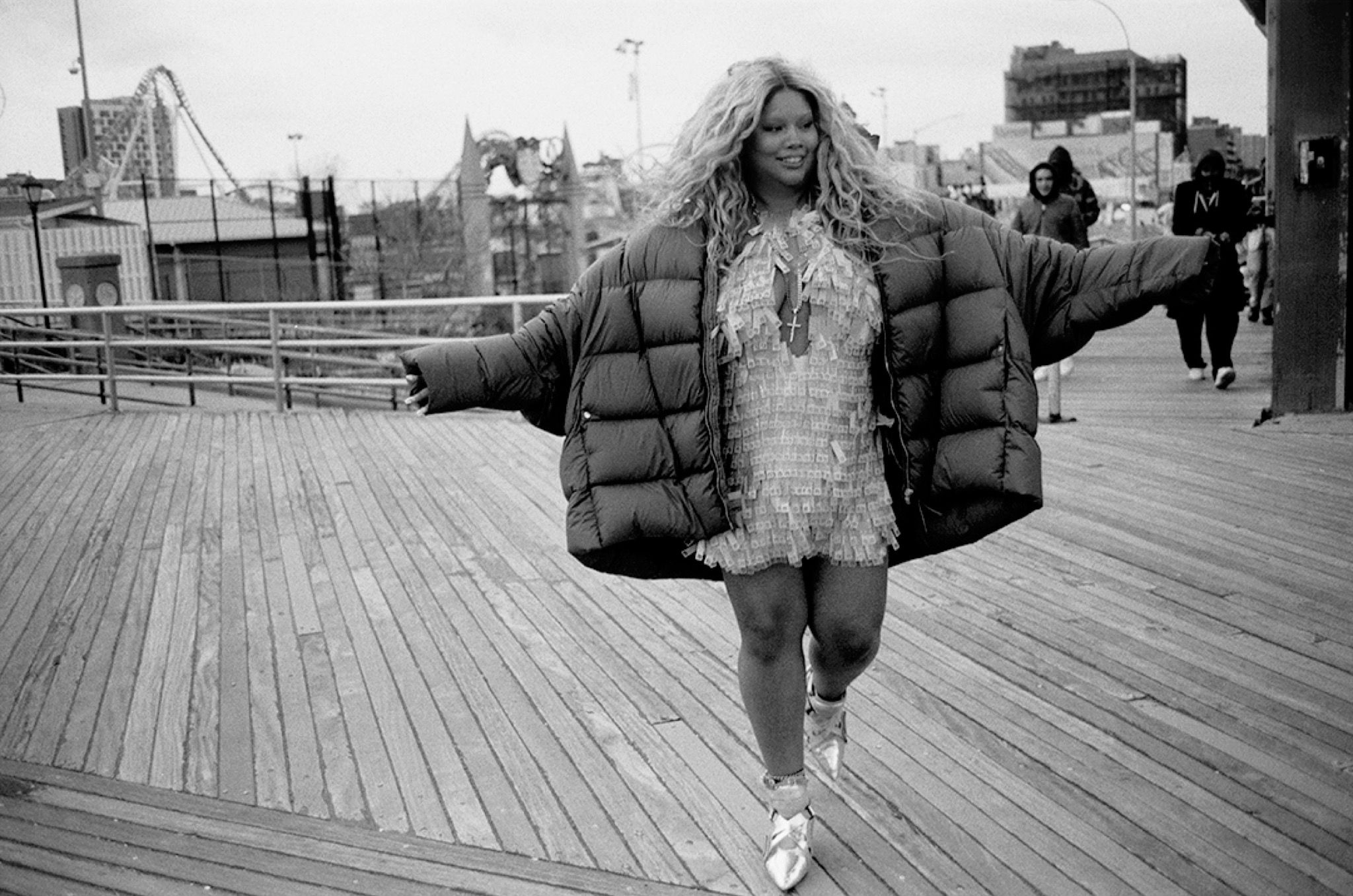
Metagaze: SHYGIRL Stares Back
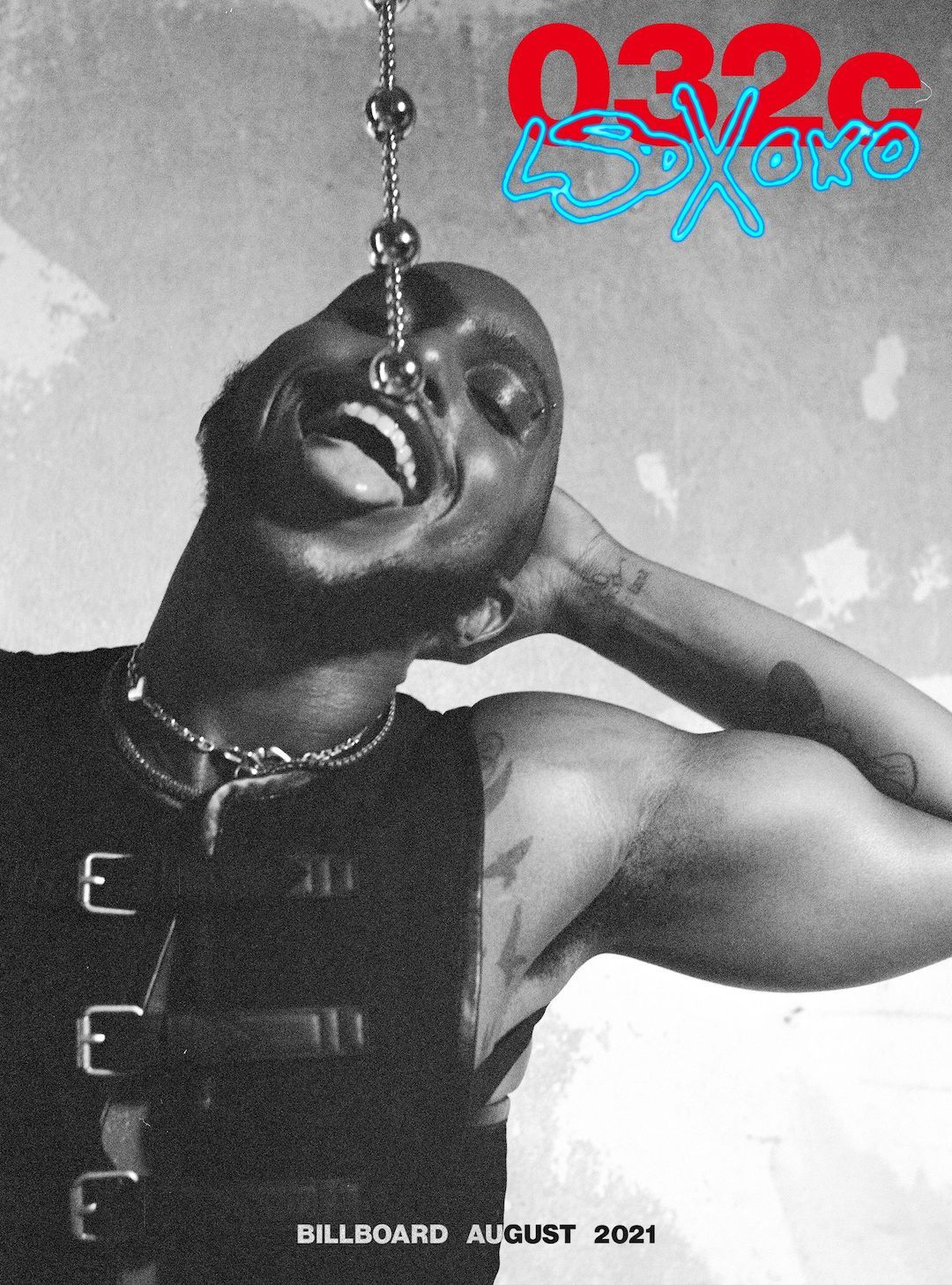
LSDXOXO: Staging the Full Fantasy
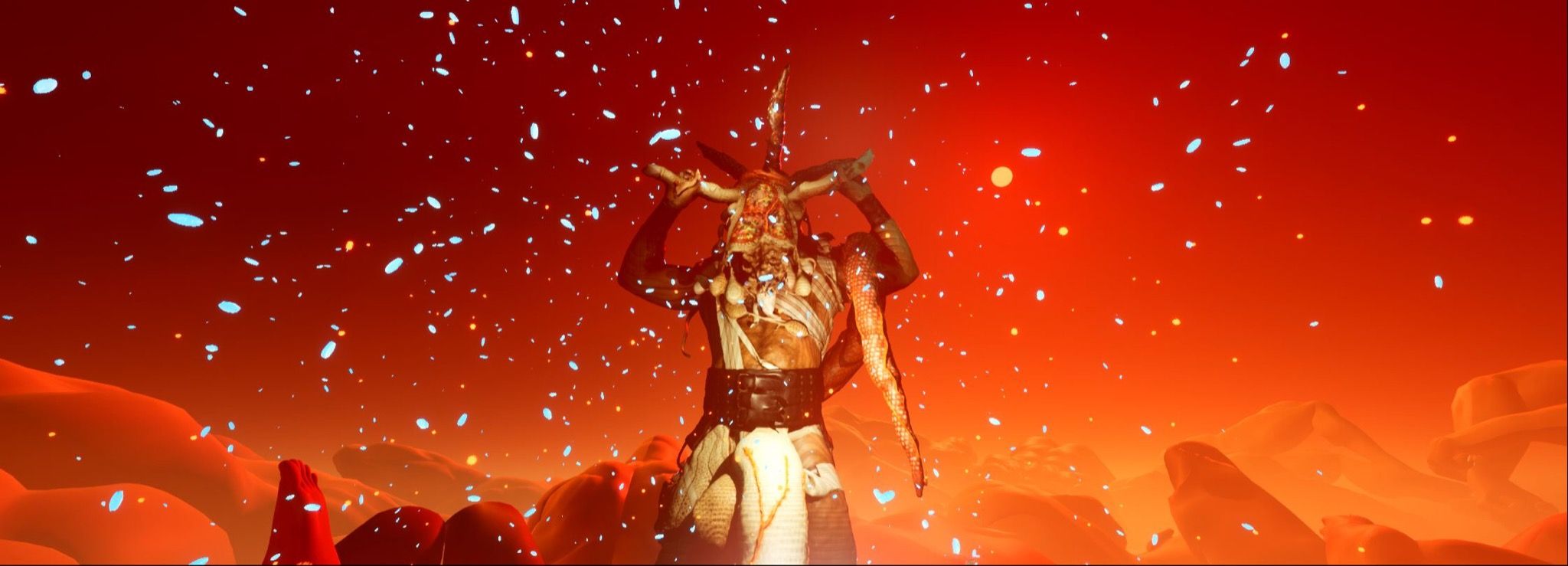
“Punk Metal, Babes”: ENRIQUE AGUDO Explores Identity, Sexuality, and Mythology in VR for a Digitized Tribeca Film Festival
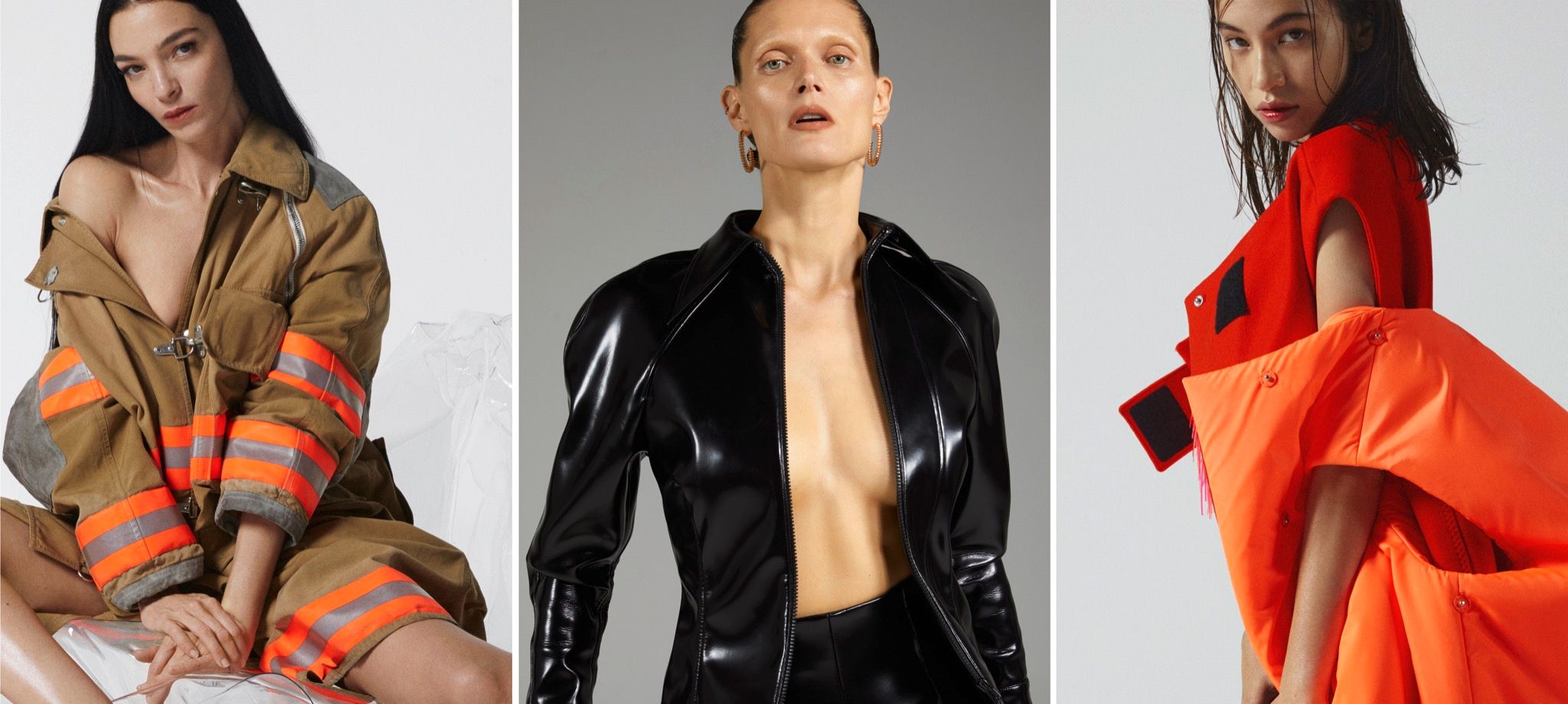
The Power of Three: THOMAS LOHR’s Techno Sexual Fashion Photography